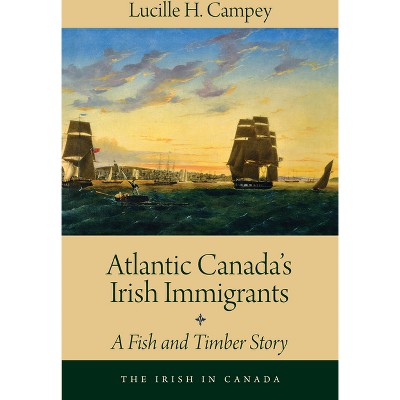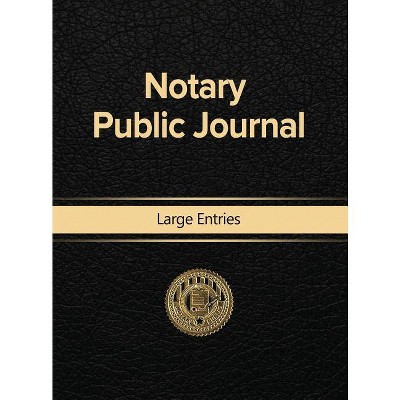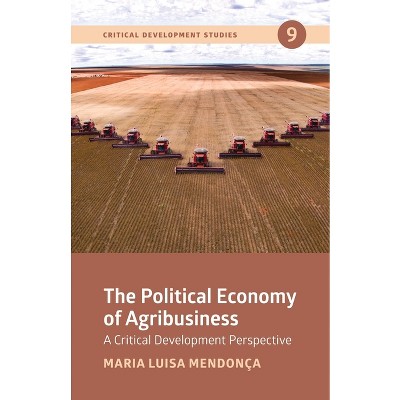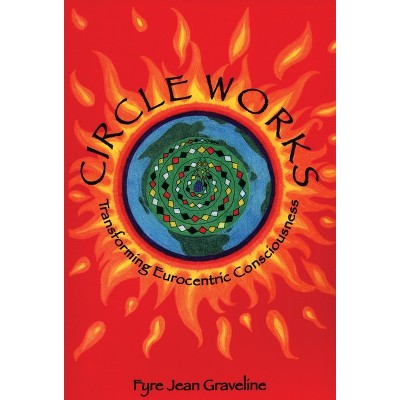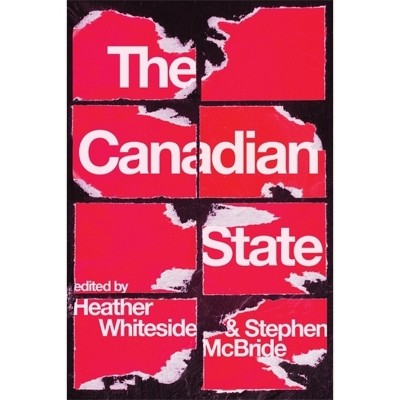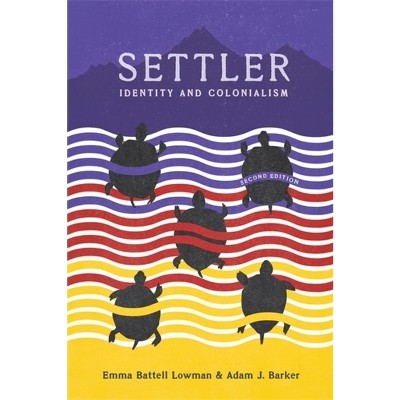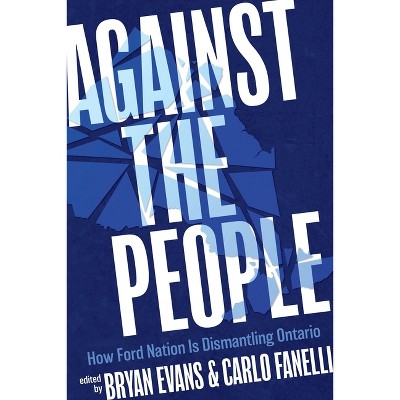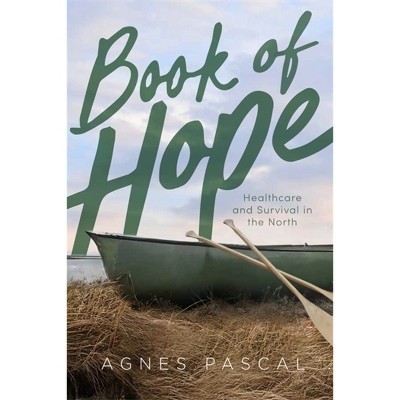Sponsored

Thin Blue Rage - by Andrew Crosby & Jeffrey Monaghan (Paperback)
Pre-order
Sponsored
About this item
Highlights
- Policing agencies in Canada continue to face criticism over their outsized use of violence in response to encampments of unhoused people, protests against police brutality, and sites of environmental activism and Indigenous land defence.
- About the Author: Andrew Crosby (he/him) is a postdoctoral researcher in the Department of Geography and Environmental Studies at Carleton University, on unceded and unsurrendered Algonquin land.
- 208 Pages
- Political Science, Law Enforcement
Description
About the Book
Thin Blue Rage analyzes police as a social movement through exploring policing's ideological dimensions, communications practices, political campaigning, and violence work.Book Synopsis
Policing agencies in Canada continue to face criticism over their outsized use of violence in response to encampments of unhoused people, protests against police brutality, and sites of environmental activism and Indigenous land defence. Feeling victimized and misunderstood, police officers increasingly sport harmful "thin blue line" symbology depicting their role as guardians of civilization against disorder -- with poor, racialized, and progressive people squarely on the wrong side.
With meticulous historical, theoretical, and empirical detail, this deeply researched text recasts police as a social movement-in-power rather than a neutral public institution. It explores key debates in policing literature alongside contemporary examples of policing's ideological dimensions, including communications practices, membership structures, and political campaigning. Linking police identity with far-right perceptions of victimhood and alienation, Thin Blue Rage analyzes police's defensive anger towards a public they see as not understanding or supporting how they function.Review Quotes
Crosby and Monaghan skillfully document the role of police as violence workers in defense of a capitalist and settler colonial order. By employing this countermovement lens, the book encourages us to think more deeply about police complicity in ongoing injustices and the challenges involved in overcoming them.--Elizabeth Comack, distinguished professor emerita, Department of Sociology and Criminology, University of Manitoba
About the Author
Andrew Crosby (he/him) is a postdoctoral researcher in the Department of Geography and Environmental Studies at Carleton University, on unceded and unsurrendered Algonquin land. His research engages with various themes relating to policing and housing justice -- including settler colonialism, the financialization of rental housing, gentrification/evictions, and social movements. Crosby is author of Resisting Eviction: Domicide and the Financialization of Rental Housing (winner of 2024 Canadian Sociology Book Award; co-winner of 2025 Errol Sharpe Book Prize) and of Policing Indigenous Movements: Dissent and the Security State (winner of 2019 Surveillance Studies Network Book Award).
Jeffrey Monaghan is an associate professor of criminology and sociology at Carleton University in Ottawa, Canada. His research examines practices of security governance, policing, and surveillance; much of which is focused on the expansion of policing powers under the umbrella of national security. His recent books include Policing Indigenous Movements (2018, co-authored with Andrew Crosby), Protests in the Information Age (2018, co-edited with Lucas Melgaço), Security Aid (2017), and the edited volume Disbility (In)Justice: Confronting Criminalization in Canada (2022, co-edited with Kelly Fritsch and Emily van der Meulen).
Shipping details
Return details
Frequently bought together
Trending Non-Fiction



